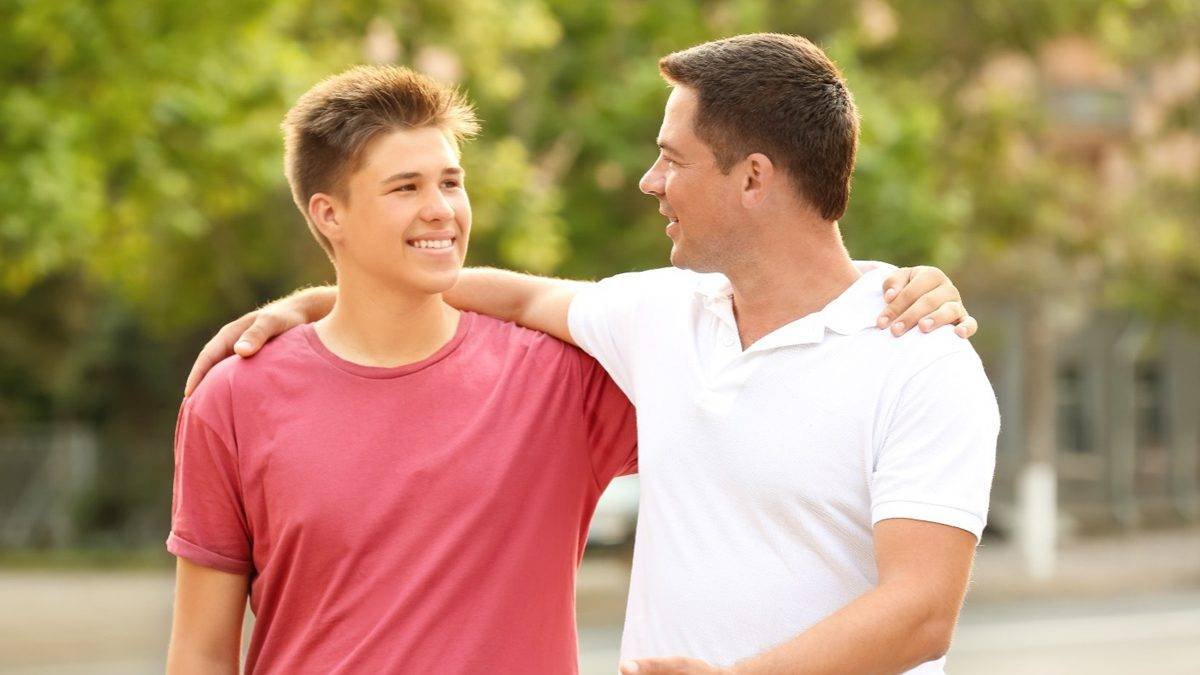One In Five Teens Will Get Into a Car With A Driver Who Has Been Drinking
You might think high school drinking is probably harmless. But consider these numbers. In a 2015 survey of U.S. high schoolers by the Centers for Disease Control and Prevention, 18 percent reported downing five or more drinks in a two-hour stretch—in other words,.binge drinking. Almost half of this group said they’d had eight or more drinks in a row.
Temma Ehrenfeld is a writer and editor. As a journalist, she covers health, psychology, and personal finance. Her work has appeared in The New York Times, Newsweek, Reuters, Newsweek International, Newsweek Japan, Scientific American MIND, Psychologies, Fortune, Ms., Bottom Line Personal, The Hudson Review, the Michigan Quarterly Review, Prism International, and other publications. She lives in Manhattan.
Editor: Nadeem Noor
Eight percent drove after drinking alcohol. And 20 percent rode with a driver who had been drinking alcohol. That’s pretty scary. How can you make sure your own children don’t binge or get into a car with a driver who’s been drinking? Experts recommend an ongoing conversation rather than covering everything at once in a dramatic lecture. And make it a conversation—which means you ask questions and listen to the answers. You might start by asking your son (or daughter) why he thinks kids in his school drink. You might also ask if he thinks he knows kids who drink too much or who drive when they’ve had alcohol.
Along the way you can see what he actually knows about alcohol and its effects. Steer clear of scare tactics but make sure he knows the following facts.
1. Drinking easily creeps up on you—you can be drunk before you realize it and most people can’t judge how much the alcohol has affected them. Explain that he or another driver might think he can drive safely—and be absolutely wrong. Layout exactly what alcohol does to the body: it slows you down and interferes with your vision, reaction time, and judgment. When an older kid says “I’m fine,” and offers him a ride after a few drinks, your son should say “No,” and call you instead. His friend may be a good guy, but good people get this wrong all the time.
2. Beer and wine contain less alcohol but the alcohol has the same effect. They aren’t “safe” if you drink too much.
3. It takes at least two and sometimes three hours for a single drink to leave your system, and nothing can speed that up. Drinking coffee, taking a cold shower, or going for a walk might make you temporarily more alert but you’ll still be influenced by the alcohol.
4. Drinking doesn’t always lead to fun times. It can bring out sadness and anger, too. Drinking parties often turn sour for someone. When your son tells you why he thinks people drink, listen closely for the belief that drinking will make him “cool,” popular, attractive, and happy. You might bring up the discussion if you see a television ad in which people are having a fantastic time while drinking. Let him know that the ad isn’t telling the whole story, but selling beer or liquor. Clear rules help. The rules might be:
- Kids will not drink alcohol until they are 21.
- Older siblings will not encourage younger brothers or sisters to drink and will not give them alcohol.
- Kids will not stay at teen parties where alcohol is served.
- Kids will not ride in a car with a driver who has been drinking.
If you think a little drinking is okay, be clear about that too, and what you mean by “a little.” Don’t say one thing while your children know you mean another. Once you feel your teens understand why they need to avoid situations with a lot of alcohol—or any alcohol, if that’s the message—help them think about how to deal with peer pressure. Appeal to self-respect. Let your teens know that they have too much going for them to take risks and allow alcohol to interfere with their lives. If you believe they’re already drinking, or very tempted, point out the possibility of getting into embarrassing situations. Your son’s girlfriend’s parents could forbid her from seeing him, for example.
This might be the time to talk candidly about sex—while you may want to discourage sexual activity, it’s still important to discuss the concept of “consent.” You might ask him to imagine how a girl might feel if she realizes the next day she’s had sexual intercourse while drunk and didn’t use a condom or other birth control. How would she feel if she became pregnant or had a sexually transmitted disease? If he answers that those risks are unlikely, and she made her “choice,” points out that she can’t make a good decision while under the influence of alcohol. Consent happens beforehand, when she’s clear-headed and should be verbal.
Driving while impaired by alcohol can lead to people he cares about being hurt or even killed. Let him know if there’s any family history of alcoholism that could make him more vulnerable and that drinking in your teen’s ups your risk of dependency. So what do you do when your children say, “I bet you drank when you were a kid!”? You might give your children examples of times you got into trouble. This is a tough moment if you happen to drink a fair amount yourself. Depending on the age of your child and your relationship, you might confess to problems with alcohol now. Keep track of the alcohol in your home, and encourage your child to entertain friends in your home while you’re there. Connect with other parents to make sure they agree with your own rules about alcohol use.

